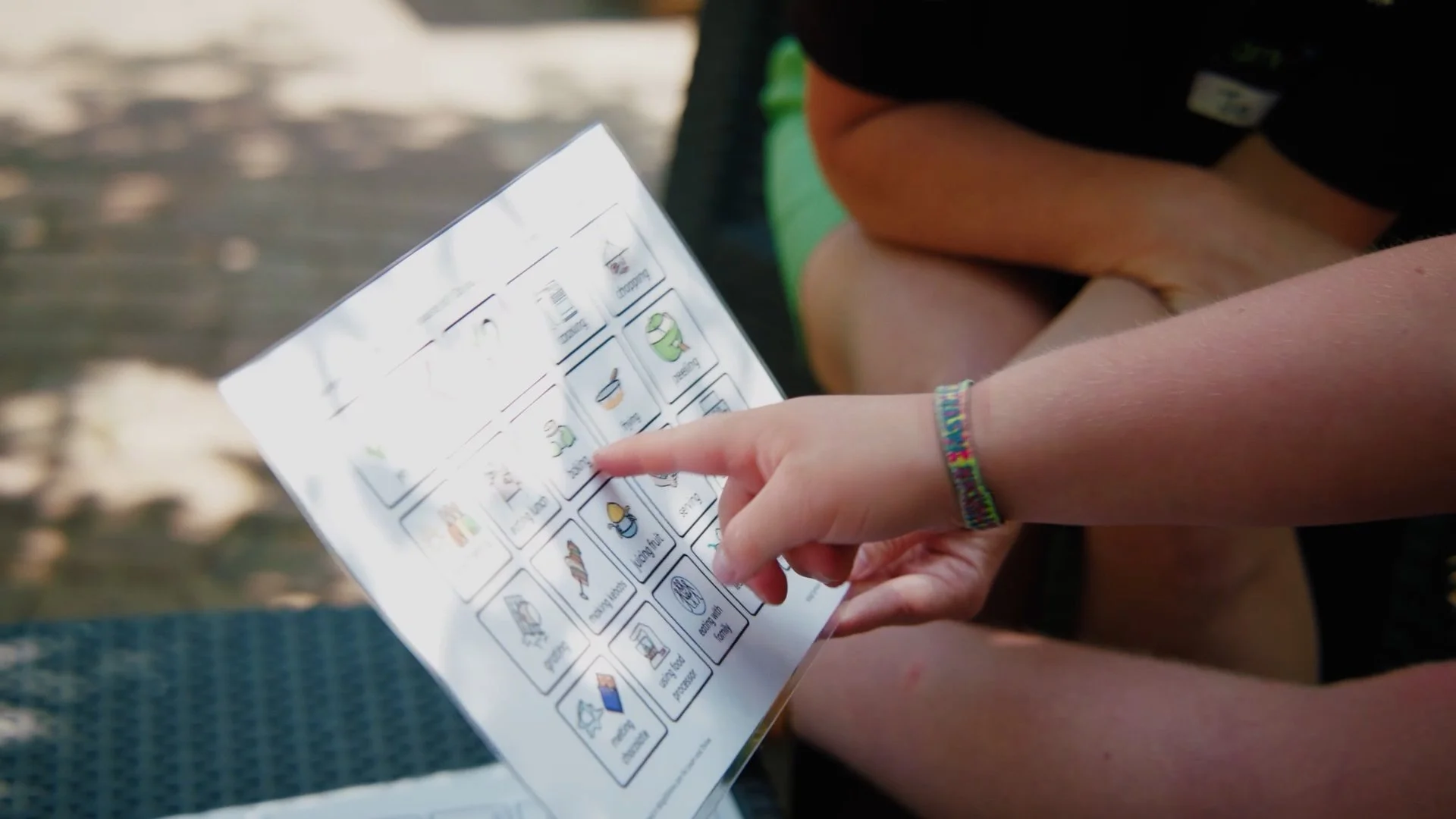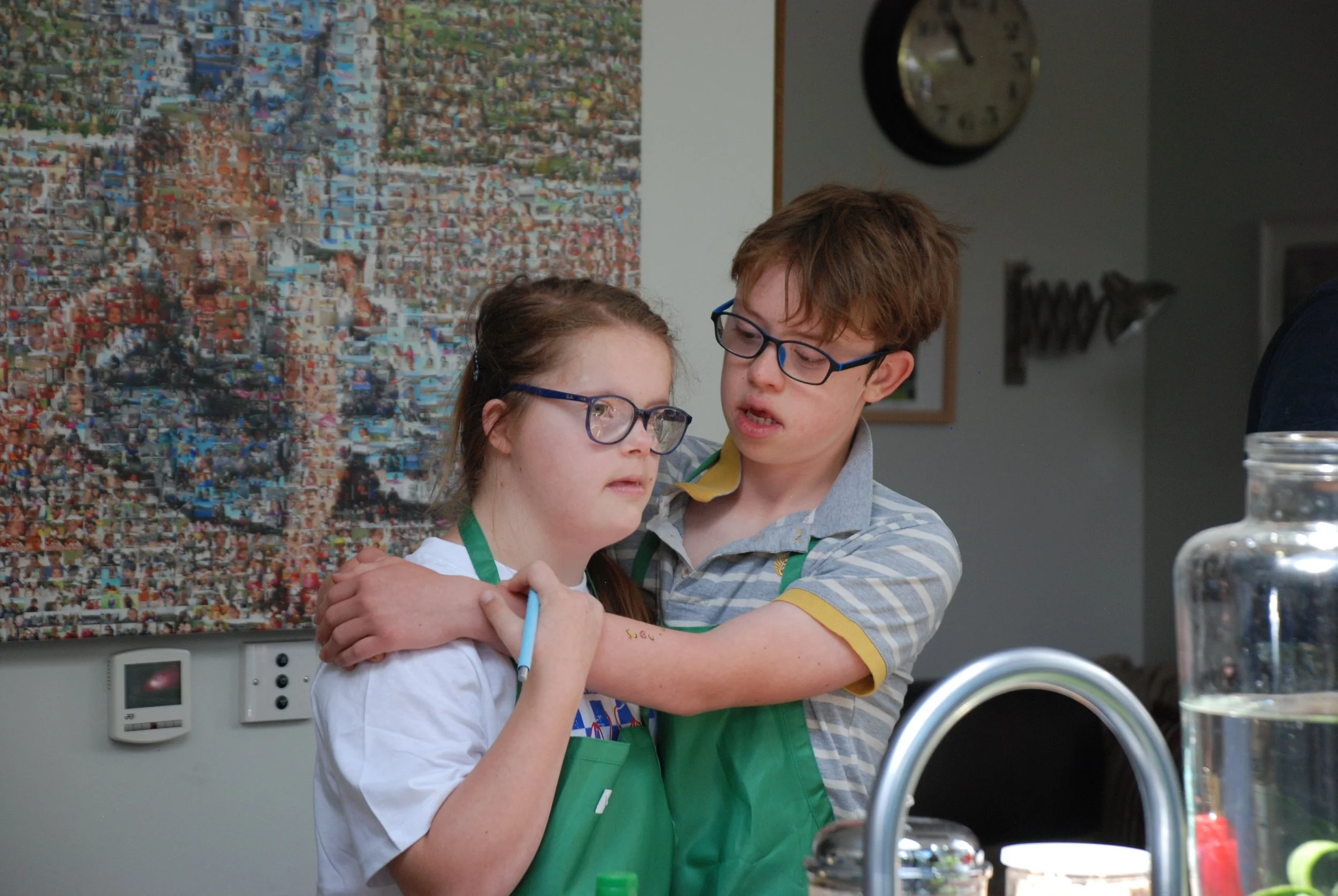
Making decisions…
Simple? You might think so.
As adults, we make decisions for ourselves every single day. We probably also make decisions for the rest of our family, for our children, for our own parents. As time moves on, our ability to make decisions for ourselves and others might change - teenagers grow up and move on to college, university, or moving out, our parents might need support in deciding where they should live.
We can all agree that both the teenagers and the grandparents have a right to at least be involved in the decisions which so dramatically impact their lives.
But do we always let our young people with learning disabilities have this same right?
Our young people have a right to make decisions about their own lives, in the way that any other young person would. But they might not have the tools to be able to do this.
As parents, we are often guilty of taking away decisions from our young people, through no fault of our own. We know them inside out, we live with them, we have been through so much with them - we know what’s best for them. This might be the case, but it doesn’t mean we can take even small decisions away from them.
Aren’t we doing them a disservice here? By taking away decisions, or making them on their behalf without their input, we reduce their independence.
Now, we know you might be frowning at the screen right now.
As parents ourselves, we know this can be a hard pill to swallow. We also know that there are circumstances where decisions are taken away from our young people with reason.
We’re not trying to change this, but we want our community to understand why this happens, when it might happen, and how they can still be involved and take control of their lives.
Each small decision our young people make empowers them to make decisions about the bigger things: do they want to have a job? Do they want to move out of home? Do they want to be in a relationship?
Our new series in Learning for Life - Consent & Decision Making - will help your young person to understand what decision making is, what it means for them, when decisions might be taken on their behalf, and more.
It will help them be more able to enter conversations about adult life, post-16 education, and all of the tough conversations we need to have with our young people.
“I want to decide who my friends are.
I want to decide what hobbies I enjoy.
I want to decide what food to eat.
I want to decide where to live.”
What does this mean for consent?
We talk consent in some of our earlier series, and will cover it again when we start to talk about sex and relationships in more depth.
Learning to make decisions and choices enables our community to be more likely to actively consent or not consent. This can be in any setting, simply not consenting to a hug from someone they don’t know well, or not consenting to giving money to someone trying to commit ‘mate crime’ against them.
Building understanding of consent and decision making means they will be able to build strong, safe connections and relationships throughout their lives.



